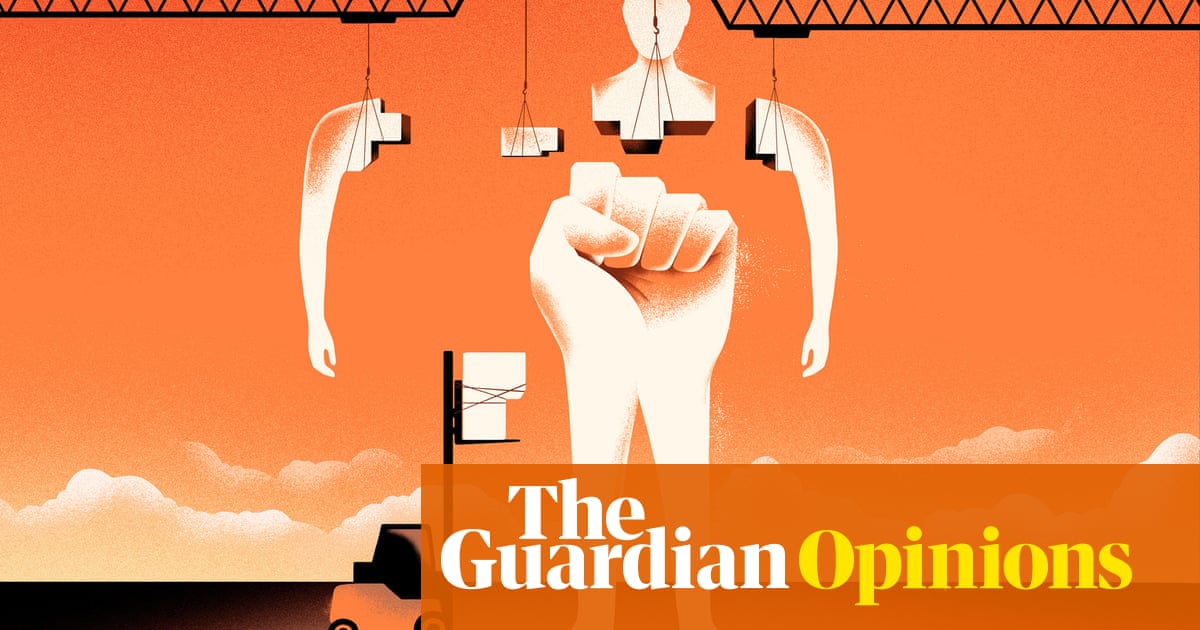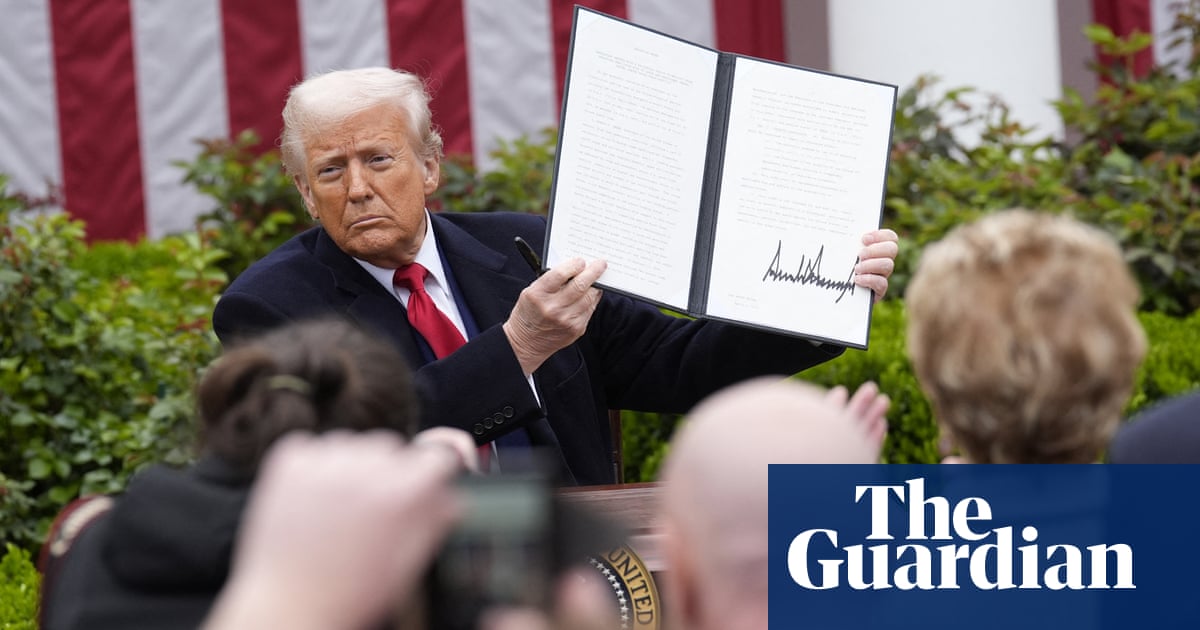In his 2018 book The Social Edge, the prominent public health researcher and author Anthony Costello writes that social trust and the conditions that allow it to flourish are a neglected feature in studies of human progress. Small-scale “sympathy groups”, he suggests, through cooperating and organising together over shared concerns, can be the building blocks of collective wellbeing. Empowering local communities works.
For years, politicians have rhetorically nodded to such thinking, while failing to provide the resources that would allow it to be translated into practice. Between 2010 and 2024, as a parade of Conservative ministers waxed lyrical on the virtues of localism, the governments they served presided over a bonfire of community assets on a shocking scale.
David Cameron’s disingenuous talk of a volunteer-led “big society” became a cover story for local authority funding cuts and the closure of leisure facilities, libraries and community centres. Boris Johnson’s top-down and underpowered levelling up programme never came close to repairing the damage done.
How different will Labour be? Last week’s devolution white paper for England focused on the large rather than the small scale, continuing the alarming long-term and deliberate trend of reducing the number of councils. But buried within its pages was a commitment to introduce a community “right to buy”, which could herald a step change in the battle to restore the lost social infrastructure of everyday life.
In theory, the bill will give communities a head start over private investors in bidding to save, run and, in some cases, repurpose valued buildings and assets. As the local government minister, Jim McMahon, told the House of Commons last week: “When we talk about important community assets, we see from an economic point of view that it is far better for them to be used and be productive, but … we also recognise that they are hugely important to community identity and pride.”
That is an insight to be built on by a government that, while understandably prioritising growth, sometimes tends to an overly technocratic understanding of its mandate for change. The new “right to buy” legislation can help shift the balance of power in less well-off areas, where local development has too often meant more betting shops or fast food outlets. But Labour’s overall communities strategy needs to be considerably fleshed out if its impact is to be transformative.
In places that have suffered from underinvestment and a sense of disconnection from power for decades, the white paper’s aspiration to boost local engagement and “community voice” will only be fulfilled through a long-term injection of major funding and support. In a recent report, the Power To Change thinktank recommends the creation of a community growth network, dedicated to building up organisational capacity and confidence in areas where the social fabric has been steadily eroded.
Addressing the Co-operative party conference in October, the deputy prime minister, Angela Rayner, observed that “community ownership brings people together. Communities who own things are more connected, they share responsibility for the most important assets.” The degradation of the public realm has been one of the most depressing features of the last decade and a half. Labour is right to see local empowerment as part of the solution. But if communities are to take back control, they will need real resources as well as rights.

.png) 3 months ago
33
3 months ago
33













































